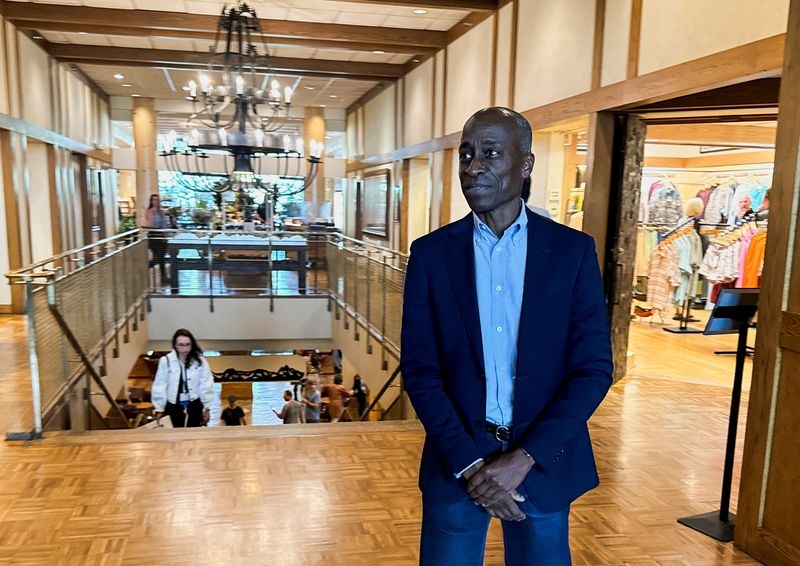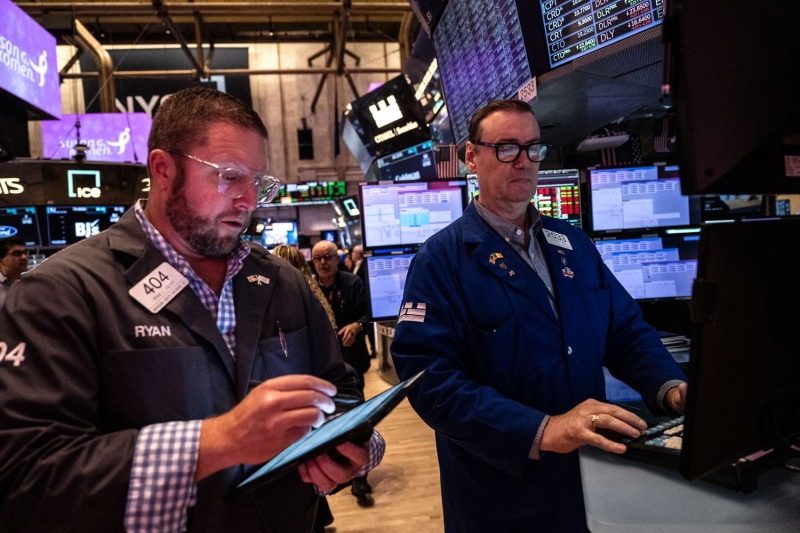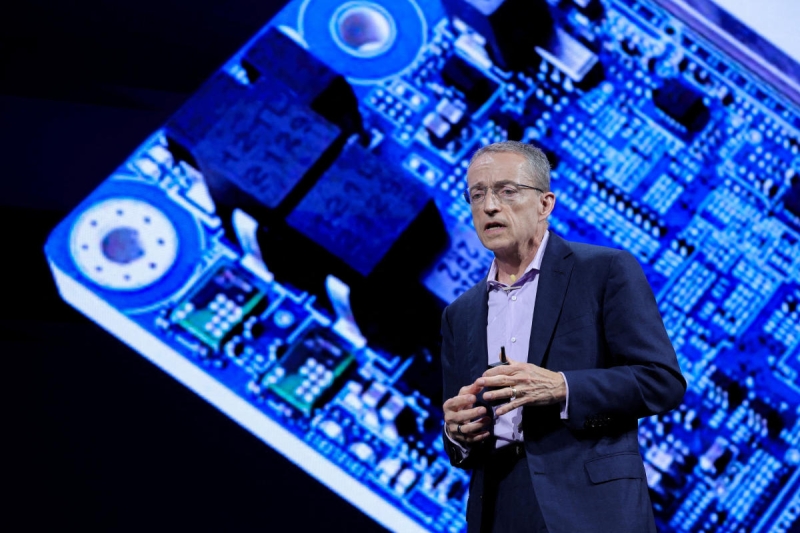
(Reuters) – The Federal Reserve's 50-basis-point interest-rate cut last month was "timely" and was neither reactive, nor proactive, Fed Vice Chair Philip Jefferson said on Tuesday.
"It was timely and consistent" with the Fed's two mandates of attaining 2% inflation and maximum employment, Jefferson said at Davidson College in North Carolina.
The Fed's success in meeting the first mandate by bringing down inflation, he said, allowed the U.S. central bank "to pay increased attention to the other side of the mandate."
Jefferson voted in September with the majority of his colleagues to reduce the Fed's policy rate, marking a turning point in what had been a two-year battle against inflation that took U.S. borrowing costs to their highest levels in decades.
"Our goal over the past two years has been to bring inflation down without causing an undue or unorderly increase in the unemployment rate," Jefferson said. "And that's why we held the policy rate at a very high level for an extended period of time, because we wanted to bring inflation down and the labor market was performing very well."
Unemployment, rather than rising as the Fed raised rates as was the case in prior battles with inflation, had held steadily under 4% for most of that time.
"The performance of the labor market gave us the headroom, if you will, to keep policy … in restrictive territory for a long period of time," Jefferson said. But unemployment's upward drift – it is now 4.1% – and the decline in inflation to nearer to the Fed's 2% goal made it appropriate to "recalibrate" policy, he said.
(Reporting by Ann Saphir; Editing by Sandra Maler and Leslie Adler)



